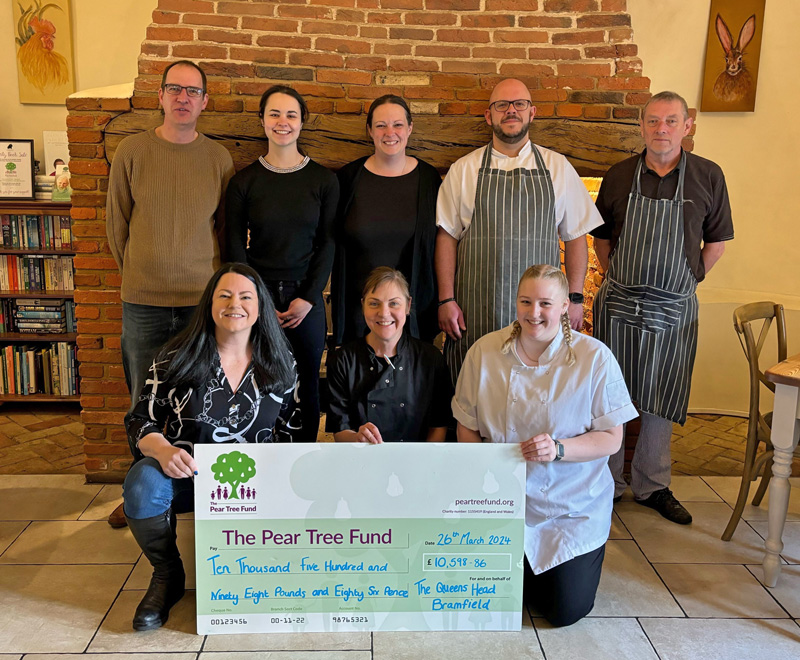 Transforming dementia care for people in Suffolk
Transforming dementia care for people in SuffolkWorking together to face this challenge for people in Suffolk, NHS Suffolk, NHS Great Yarmouth and Waveney and Suffolk County Council are launching a new strategy that will transform the quality and experience of dementia care for the people of Suffolk.
The strategy, Living well with dementia, is underpinned by the National Dementia Strategy, published in February 2009, which focuses on raising awareness and the understanding of dementia, early diagnosis and support, and giving people the ability to live well with dementia. The national strategy also encourages development of good practice to lead decisions how to provide the best possible care for people, which is the focus for our strategy.
It is the result of wide consultation over several months with people across the county, including family carers, to understand the current picture and determine what is needed as we face the years ahead. One of the key messages received was the need for a dementia support adviser service, giving people a single point of contact to support them through the course of their dementia. It is expected that this will be a key element of the strategy as it rolls out.
 Husband and wife Allen and Pauline Brooks have been living life with dementia since Pauline’s diagnosis in 2004, seen here with daughter Karen.
Husband and wife Allen and Pauline Brooks have been living life with dementia since Pauline’s diagnosis in 2004, seen here with daughter Karen.Sharon Stott, head of commissioning and development for specialised services, NHS Suffolk, said: “To minimise the impact of dementia on so many people’s lives, we needed a coherent, co-ordinated approach that embraces all services, both within the statutory and the third sectors. The new strategy will do this. We want to make sure people are diagnosed earlier and have services to help them cope, while raising the standards of care. By pulling together we can – and will – transform the quality and experience of dementia care for the people of Suffolk.”
Chris Humphris, Deputy Director of Commissioning for NHS Great Yarmouth and Waveney, said: “We are delighted that Suffolk has received this funding.
“We know that this will help us to provide better services for people with dementia in the Waveney area.”
Suffolk County Councillor Colin Noble, Portfolio Holder for Adult and Community Services, said: “This strategy and the pilot projects are very good news for all those people in Suffolk who develop dementia themselves, and for family carers of loved ones with the condition. It gives us an opportunity to work together with the NHS and both Age Concern and the Alzheimer’s Society to ensure that we can make a difference for people’s lives.”
Paul Dunnery, eastern area manager of Alzheimer’s Society, said: “The Society was instrumental in working on the national dementia strategy, so we really welcome the Suffolk strategy, in bringing those initiatives down to a local level. It’s great that these organisations working together to tackle the challenges of the growing numbers of people with dementia, and for their carers.”
 Kathy and Stuart Hamilton from Ipswich have also been living with dementia, since Stuart’s diagnosis at the age of 58, in 2000.
Kathy and Stuart Hamilton from Ipswich have also been living with dementia, since Stuart’s diagnosis at the age of 58, in 2000.
Robert Nesbitt, of Suffolk Mental Health Partnership Trust, which was integral to the formation of the new strategy, said: “National and local strategies stress the importance of the dementia strategy – the Respect for Dementia campaign is one of the ways we’re contributing on a local level. We welcome the new Suffolk joint strategy and its aims in improving the quality of life for people with dementia in Suffolk.”
Click here to view or download the 16 page strategy document (PDF)
Issued by the NHS Suffolk Communications Team on 01473 770014
For more information about NHS Suffolk visit www.suffolk.nhs.uk









